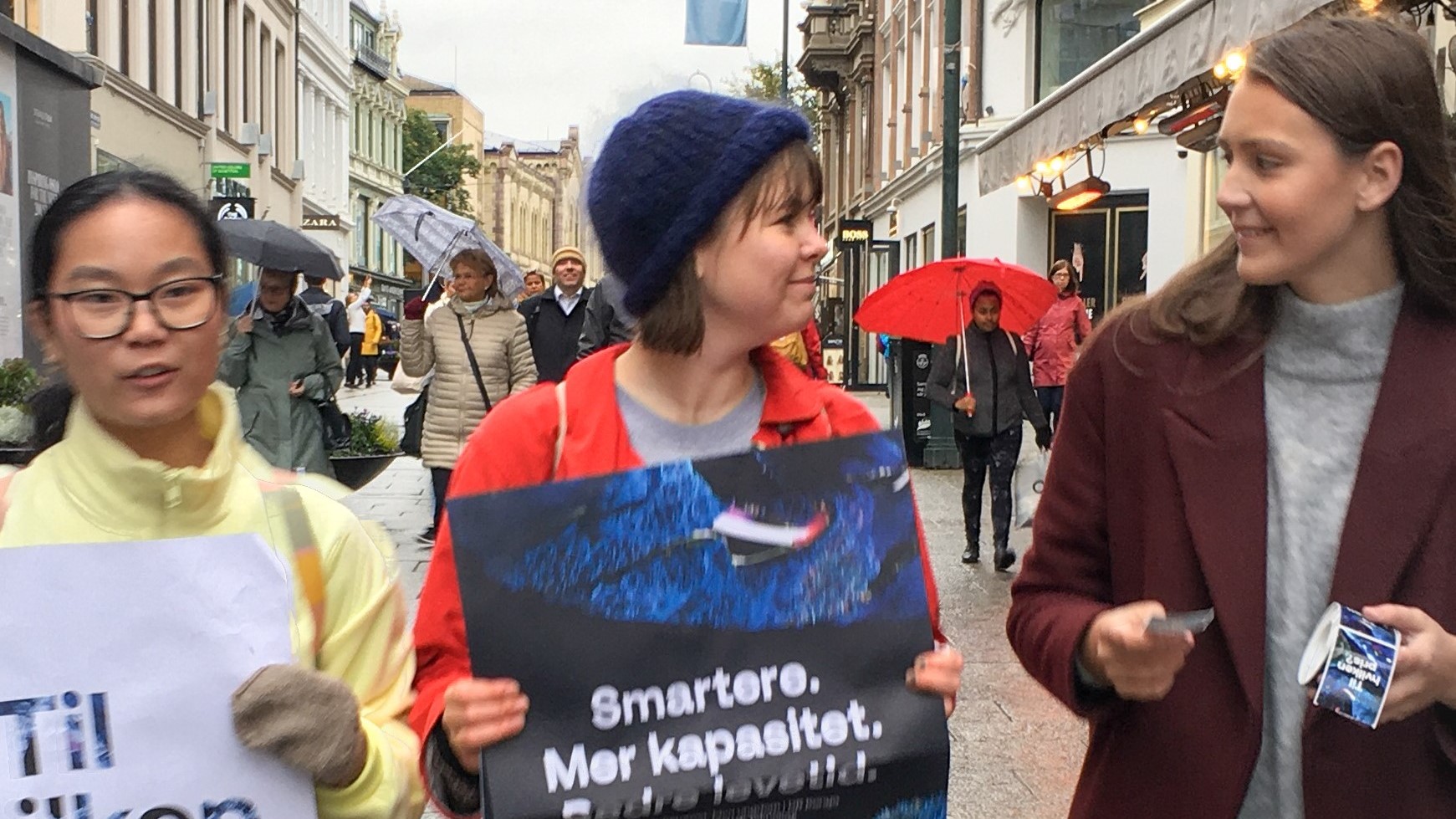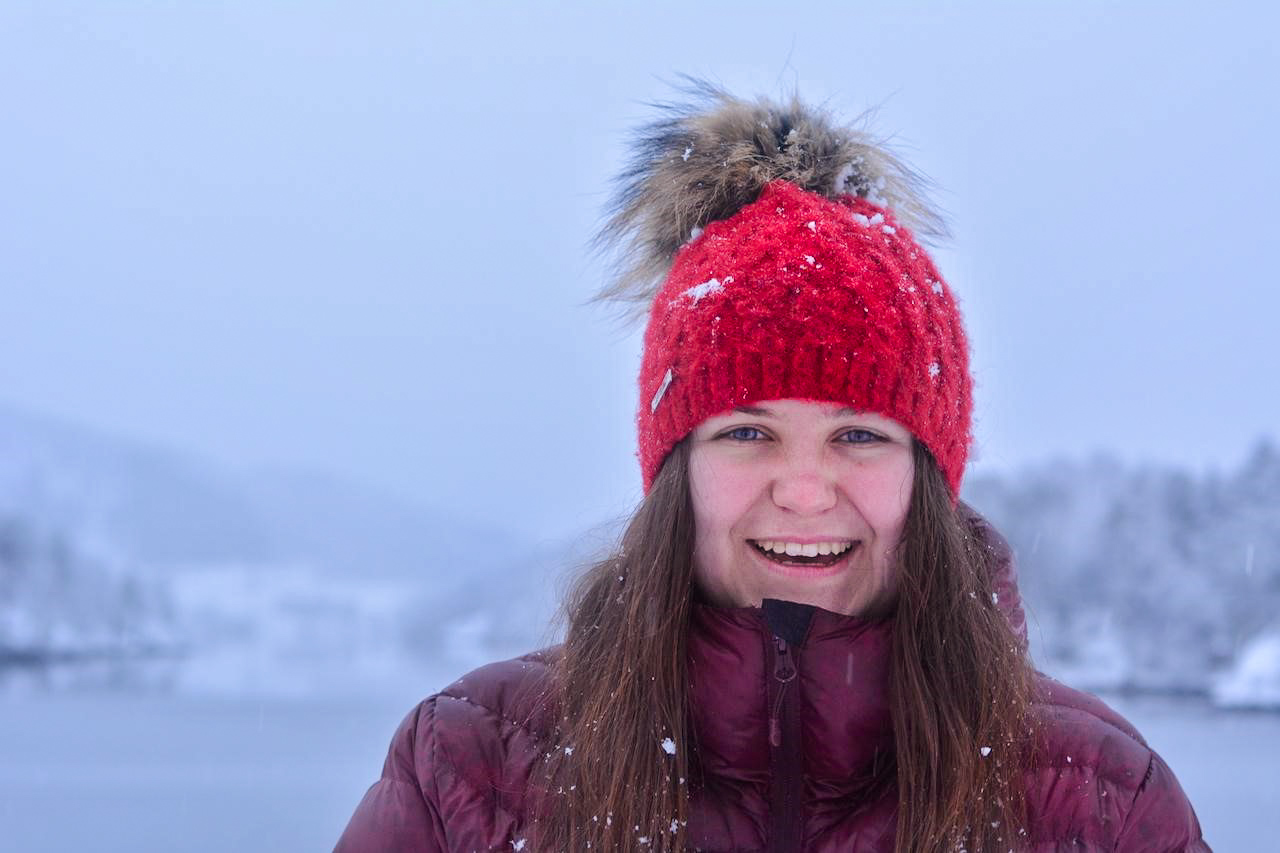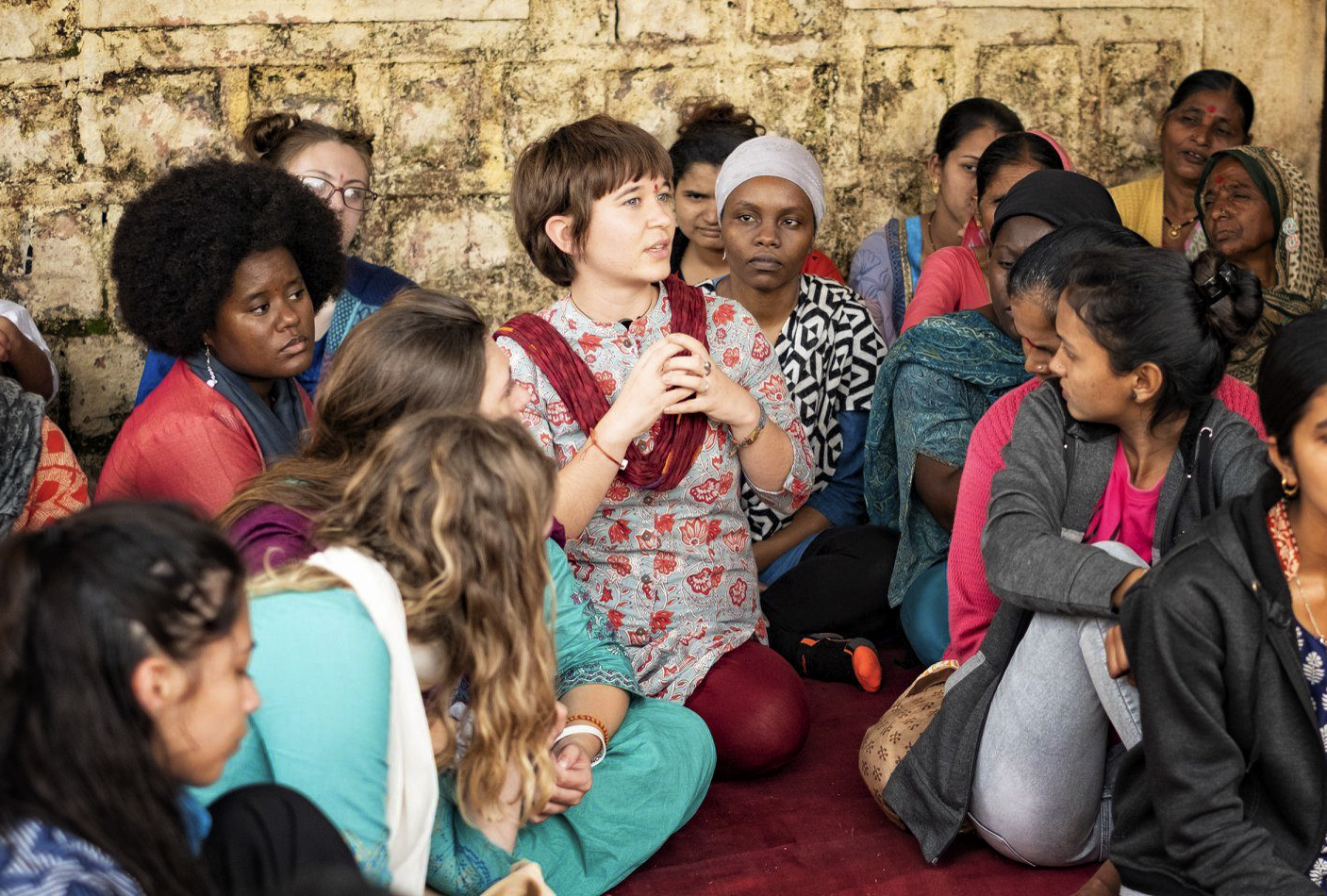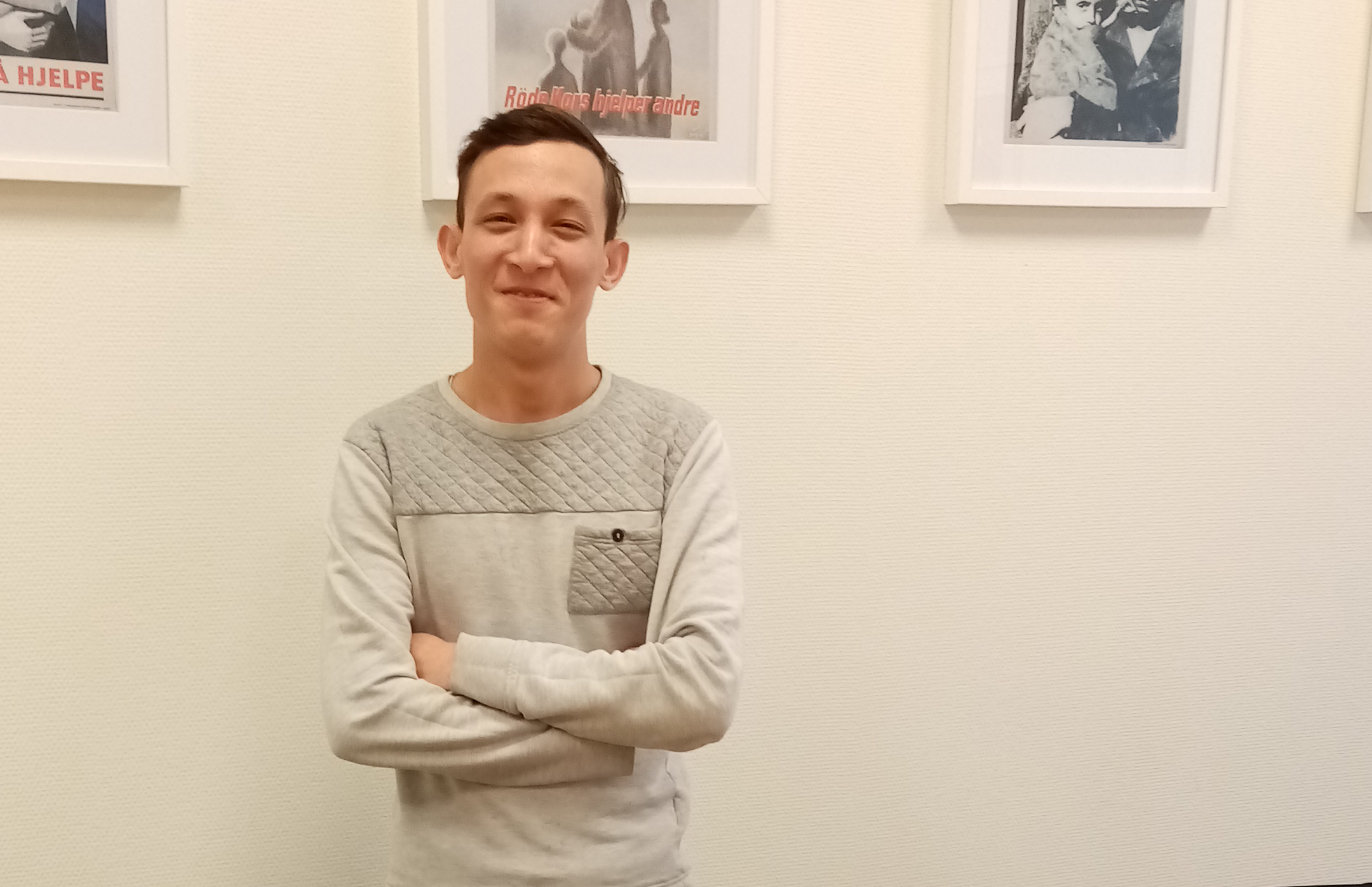Sunniva Marie Roligheten (RCN ’17-’19)
A couple of weeks after grad, I started working on full time in Oslo in the national committee for Operation Day’s Work (ODW). I missed the fjord, my roommates and basically everything about RCN, but I think I am sort of used to live in a city now. In the committee we did a lot of fun work, but the best part was the visit from two young people from DR Congo. They both work in the mines close to their village, and they visited our summer camp to talk about their situation and help us create the ODW2019 campaign.
In December I was elected as the new leader of ODW, and 2nd of March the project for 2020 will be elected by Norwegian students. The work has already started, and it is very interesting, both to get more insight in ODW, the different networks that we are a part of (for example Global Campaign for Education) and to get real work experience. I am also responsible for the new national committee as they are all new to the work. It has been so nice to get to know them so far, and we are all very excited for the project, the seminars and all of the work.
Except of ODW I read and draw a lot, and try to not miss RCN too much.




